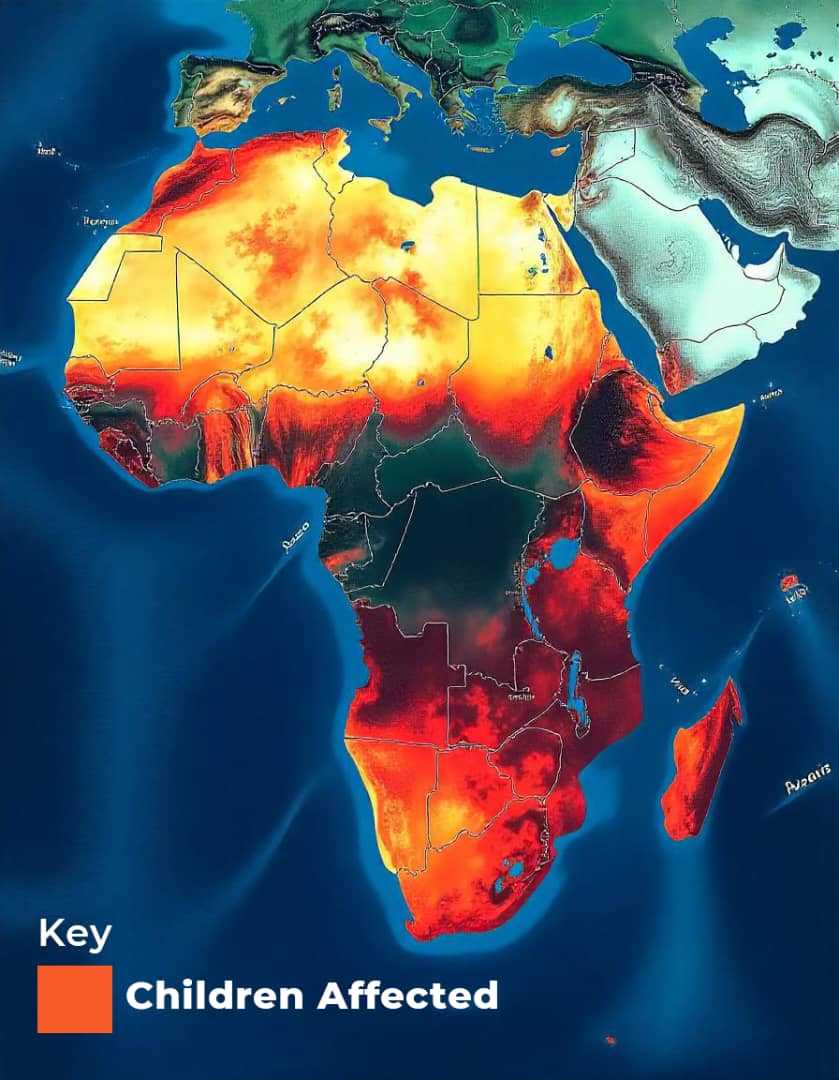
Oscar J. Jeke
Zim Now Reporter
Amid one of the worst droughts in recent memory, Southern African nations are grappling with rising food insecurity, water shortages, and health crises. UNICEF and other global organisations have called for over US$100 million in aid to strengthen community-based systems and services, aiming to bolster resilience against future climate shocks.
Leaders in the region, including Zimbabwe, Zambia, Namibia, Botswana, and Mozambique, have declared national states of disaster, underscoring the dire situation.
The impact of drought on communities, particularly children, has been devastating. With agriculture serving as the primary livelihood in many areas, widespread crop failures have left families without food or income. This has led to a sharp rise in malnutrition, stunting, and wasting rates, according to the World Food Programme.
The lack of access to clean water has further exacerbated the crisis. As water sources dry up, families are turning to unsafe alternatives, fueling outbreaks of waterborne diseases such as cholera and typhoid. Healthcare infrastructure, already fragile in many rural areas, has been stretched to its limits, leaving children and expectant mothers particularly vulnerable.
Related Stories
In schools, the effects of drought are equally severe. Limited access to water has disrupted education, with some children sent home early due to inadequate facilities. In Zambia and Mozambique, economic hardships have forced many students to drop out entirely, placing them at greater risk of exploitation and forced labor.
The call for strengthening community-based systems comes as an urgent measure to address these interconnected challenges. The proposed funding aims to improve access to clean water, sanitation, and healthcare while enhancing local capacities to respond to climate shocks. By focusing on long-term resilience, these initiatives hope to mitigate the impacts of future droughts on the most vulnerable populations.
While Southern Africa faces its own crisis, the effects of drought are also being felt thousands of miles away in the Amazon Basin. In Brazil, Colombia, and Peru, over 420,000 children are suffering from the impacts of a record-breaking drought. Severely diminished river water levels have cut off essential supplies and services for Indigenous and riverside communities.
In Brazil alone, more than 1,700 schools and 760 health centers in the Amazon region have been closed due to the drought. Children are missing critical education opportunities and are increasingly exposed to dangers outside the classroom. In Colombia’s Amazon, over 130 schools have been affected, with children facing heightened risks of recruitment by armed groups and exposure to diseases such as malaria and malnutrition.
UNICEF Executive Director Catherine Russell highlighted the global implications of the Amazon’s distress, saying, “The Amazon is home to precious natural resources. Its degradation threatens not just children in these regions but impacts the health of our entire planet.”
As the drought crises in both Southern Africa and the Amazon Basin continue to unfold, the urgent need for coordinated global action has become increasingly clear. By strengthening community-based systems, investing in sustainable practices, and addressing the root causes of climate change, these regions may yet find a way to safeguard their futures against the devastating effects of prolonged drought.










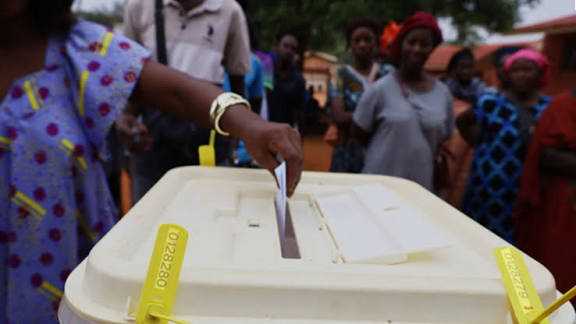
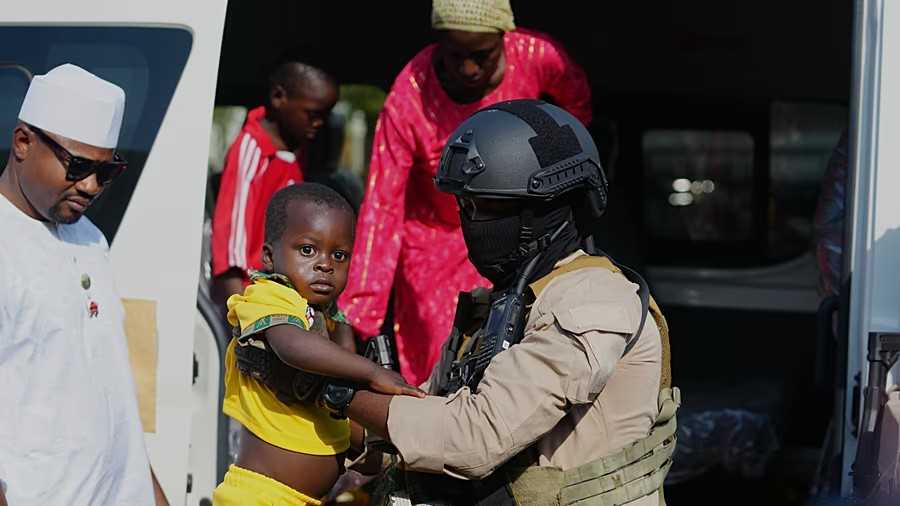


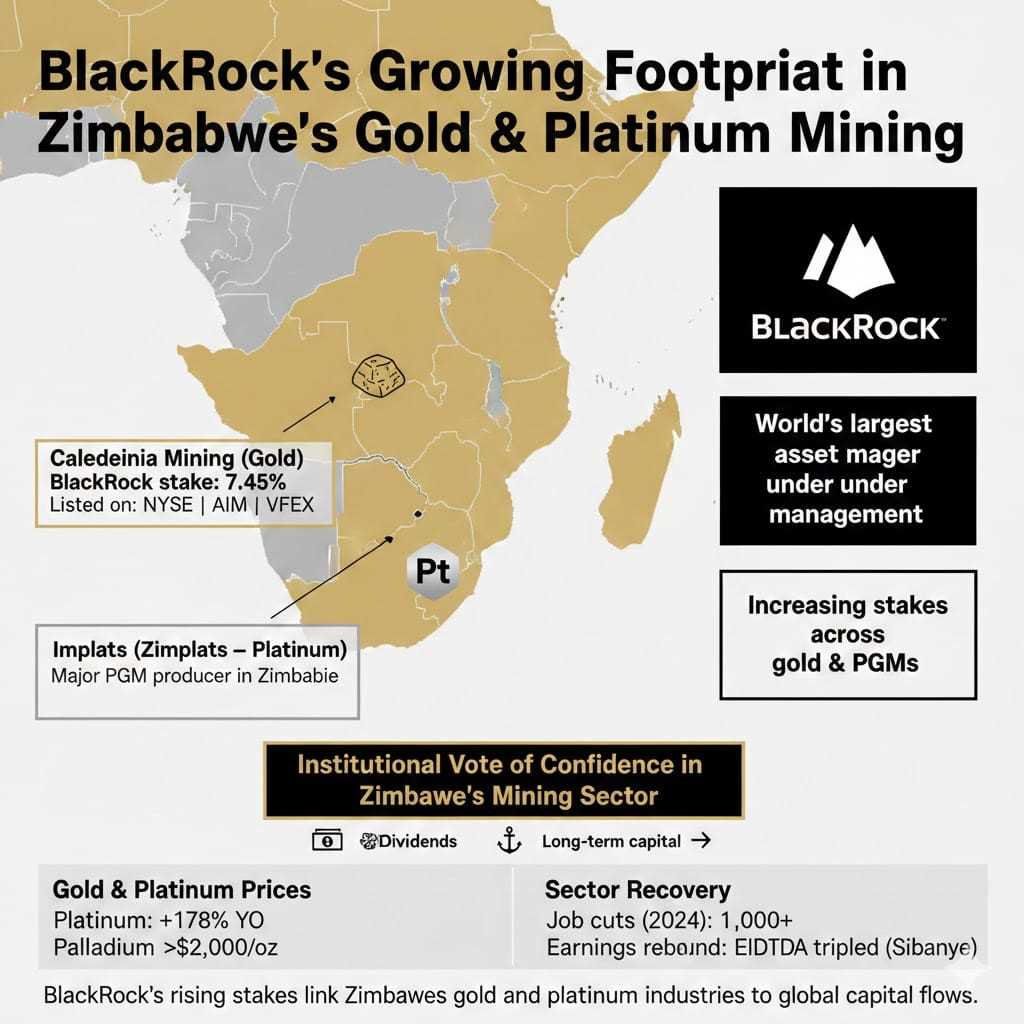
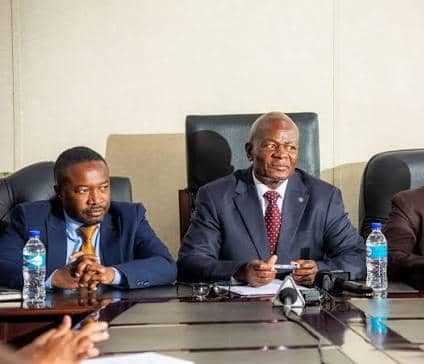

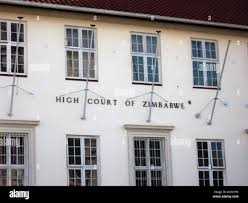


Leave Comments